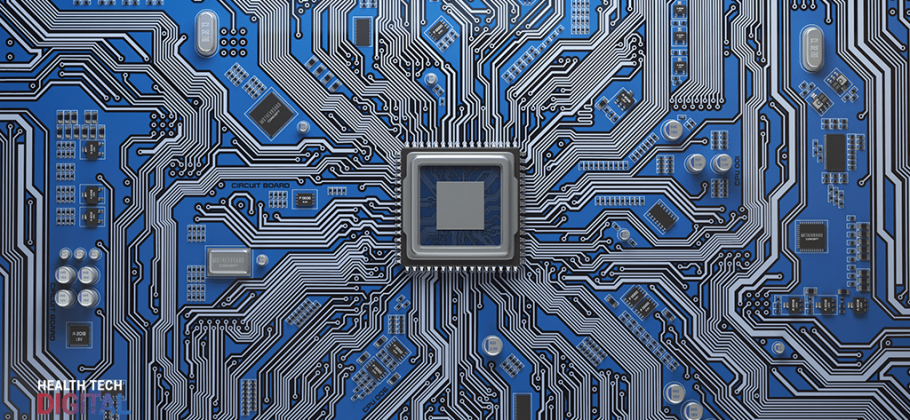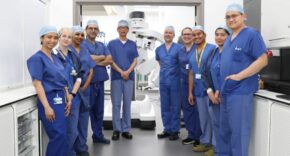The NHS has introduced a new code of conduct that AI technologies within the NHS will have to abide by. This will help to increase safety within the NHS and ensure only the best systems are used. As a result of the code of conduct, tech companies will have to meet these high standards in order to work with the NHS. The code of conduct was devised through a panel of industry experts, patient groups and academics.
It is hoped that the code of conduct will make it easier for suppliers to understand the ‘gold standard’ requirements of the NHS. With the code, suppliers can then create the safe, secure and effective technology that can help to manage some of the most significant issues in healthcare such as cancer and dementia.
The code of conduct comprises of ten main principles. These will make it easier for organisations to work with the NHS and therefore easier for the NHS to develop new technologies in line with what they need. Furthermore, the code will ensure the NHS is justly rewarded when companies access their data pool.
The code will help to;
- Allow the NHS to profit from commercialisation of data resources
- Guide suppliers with the development of new technology so that they are suitable for the NHS
- Reassure patients that their privacy is protected through safe systems
- Offer good practice standards to the rest of the industry
- Promote the UK as a leader in healthcare and a place to invest in health tech.
The use of AI in the NHS
AI is being used across the NHS from matching patients in clinical trials to the early diagnoses and the planning of care. Dr Simon Eccles, Chief Clinical Information Officer, explains; “Parts of the NHS have already shown the potential impact AI could have in the future of the NHS in reading scans, for example, to enable clinicians to focus on the most difficult cases. This new code sets the bar companies will need to meet to bring their products into the NHS so we can ensure patients can benefit from not just the best new technology, but also the safest and most secure.”
Some successful projects using AI in the NHS include a system that predicts survival rates for ovarian cancer patients. Another project uses AI to detect heart disease and lung cancer. In another case, 1 million eye scans were anonymously shared with Deepmind to create an algorithm which will identify the early signs of macular degeneration and diabetic retinopathy.
Speaking about the new code of conduct, Health and Social Care Secretary Matt Hancock says; “AI must be used responsibly and our code of conduct sets a gold-standard set of rules to ensure patient data is always protected, and the systems we use are some of the safest in the world.”













